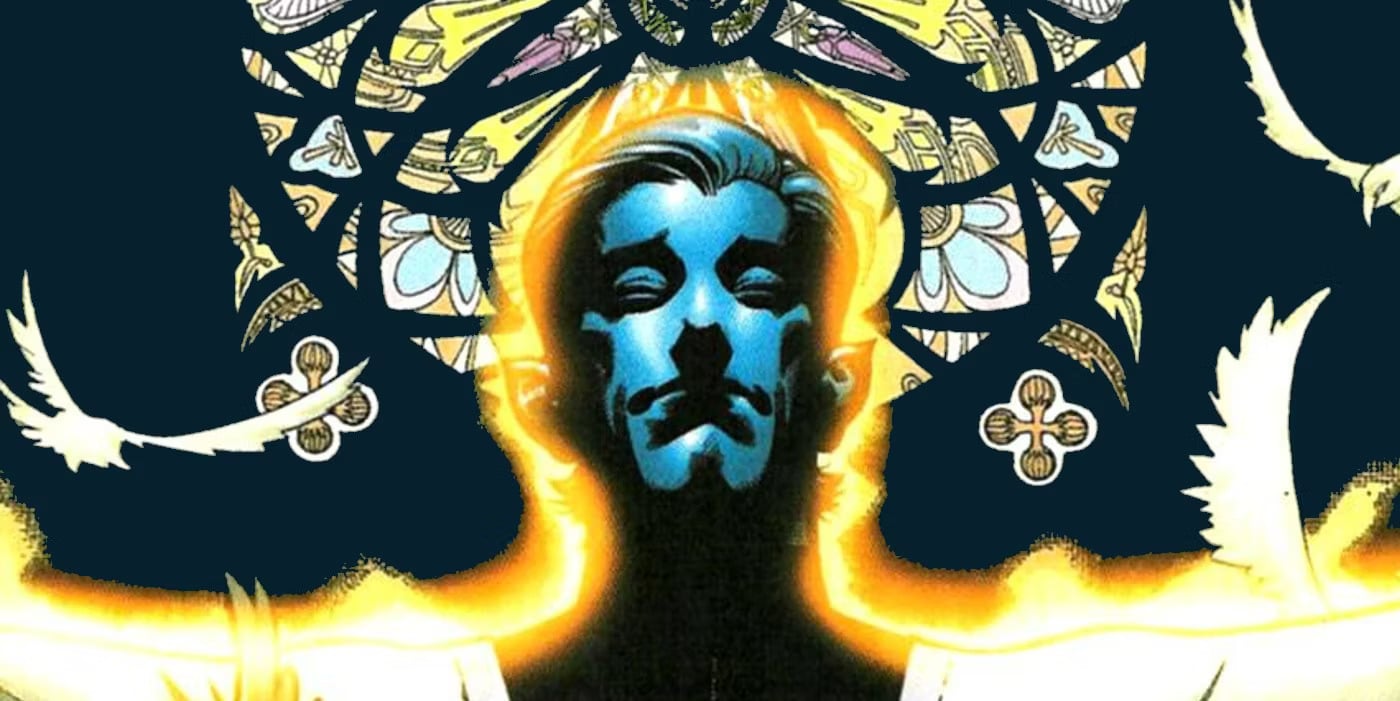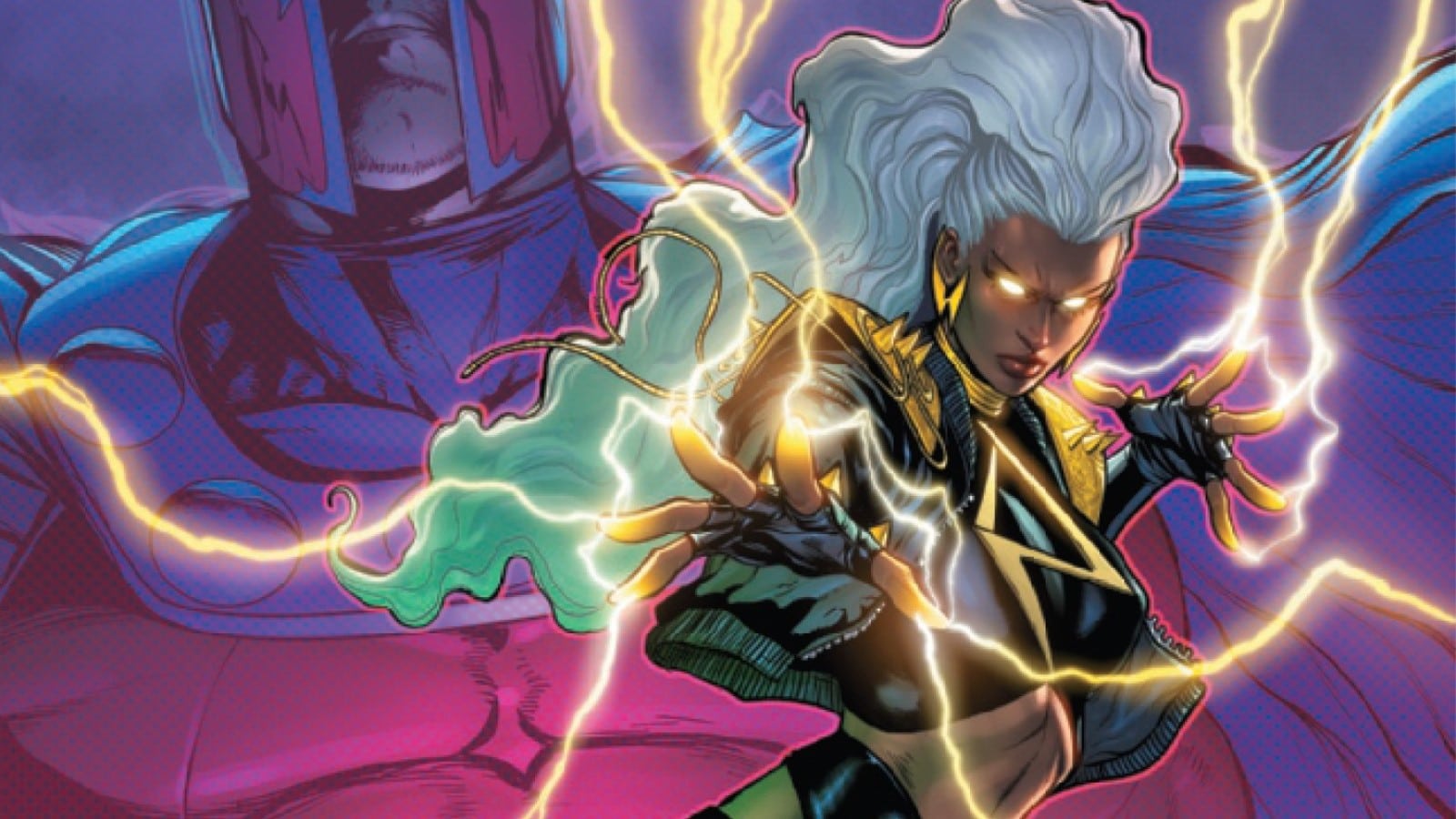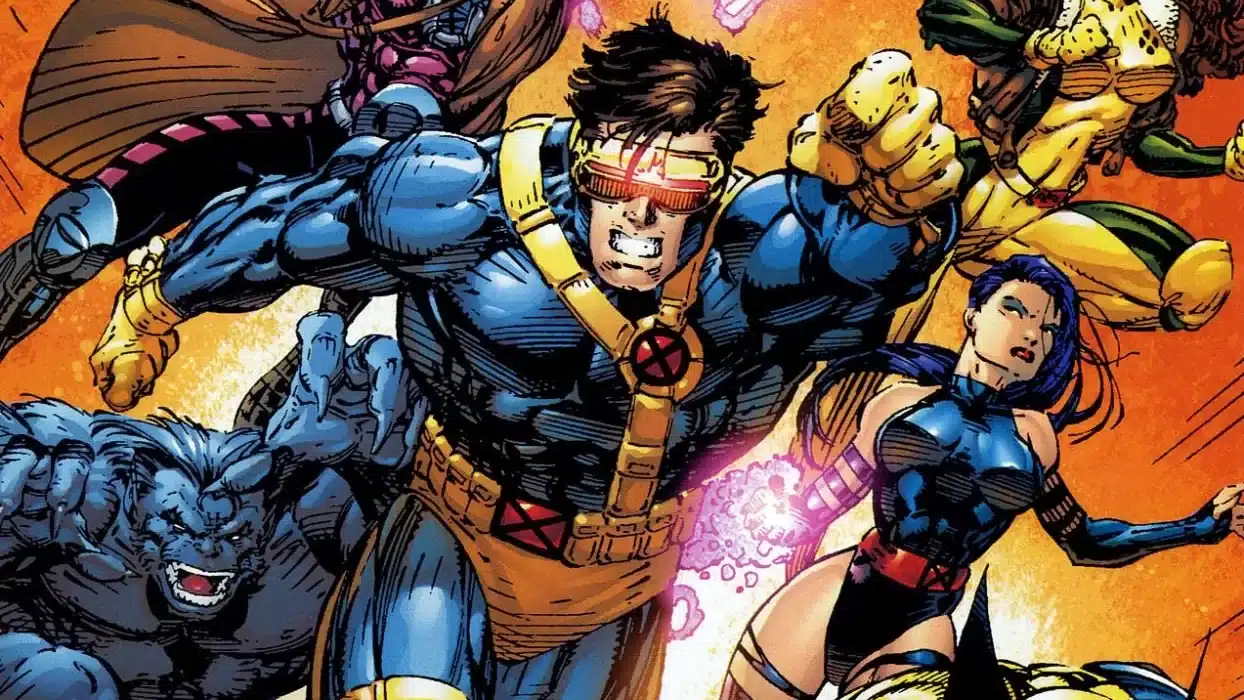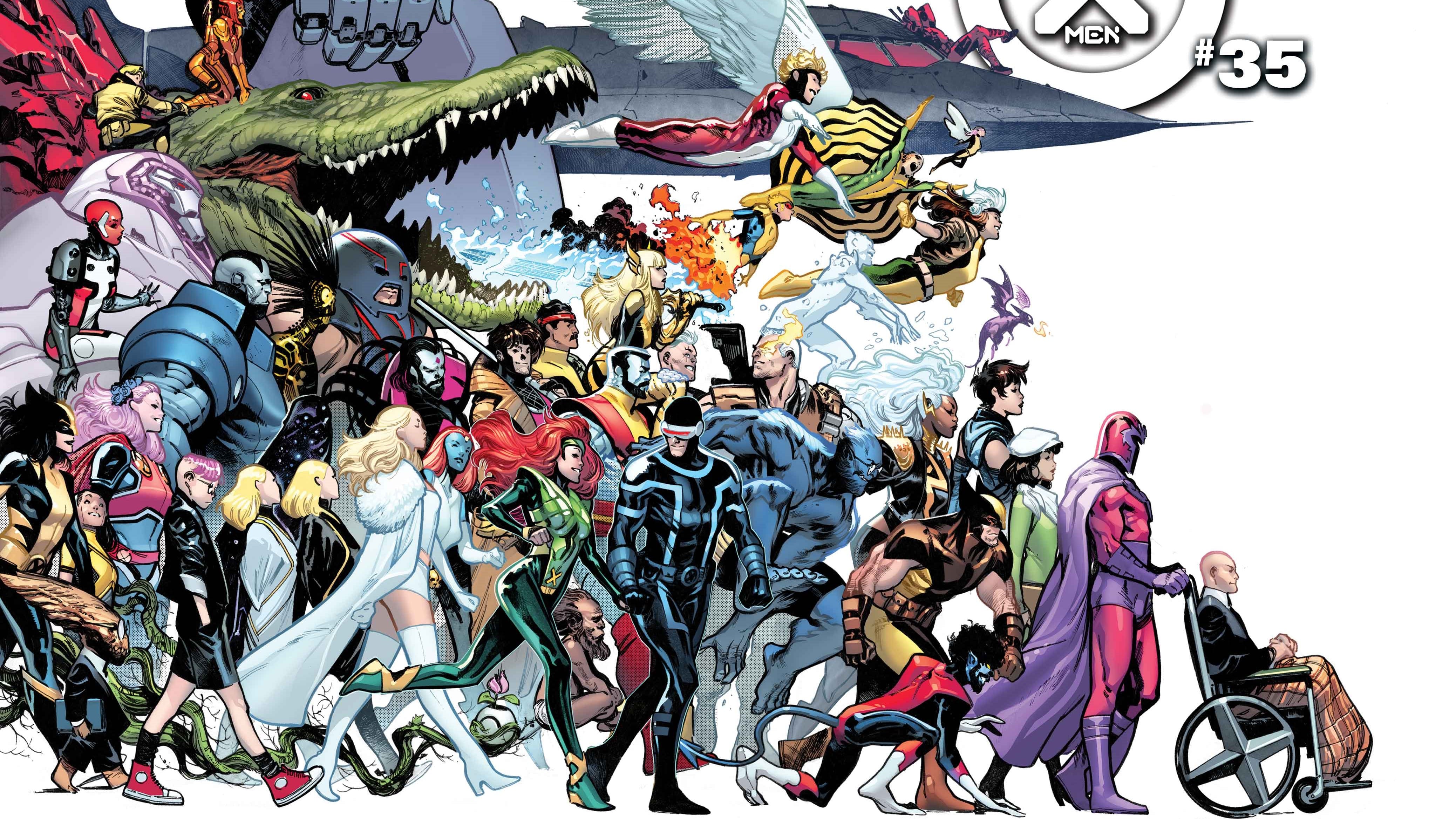The following first appeared in the ComicsXF newsletter. You can get early access to our editorials, a roundup of the week’s best content and get to know the members of the ComicsXFamily by subscribing right here.
To my sons, Spider-Man isn’t a character. In a weird way, coming full circle from his days on Toei-produced Sentai shows, to them Spider-Man is more like Power Rangers. My 2-year-old sees the classic blue and red costume, points and says “Pete!” My kindergartener dresses like Miles Morales for Halloween. They think Spider-Gwen is cool incarnate and Venom is scary. To them, the next generation of Loyal Content Consumers, Spider-Man isn’t a person, it’s a brand.
As their father, I wrestle with this because, frankly, this is not how things were when I was a child and time is marching on and the future is changing and I don’t know what any of this is and I’m scared.
Now, let’s get this out of the way here at the top: Spider-Man has always been a brand. He’s had billions in merchandise sales and is the most well-known Western superhero. This is not a new thing; he’s been a TV staple since 1967. Spider-Man is lucrative. What it has been, until recently, is singular. It’s been Peter Parker clothed in the same outfit Steve Ditko designed for him in the ’60s. Consistent. Stagnant.
In 2010, something, finally, changed. Beenox and Activision released a game that weaved a web between four different Spider-Men. With a story by then Amazing Spider-Man writer Dan Slott, Spider-Man: Shattered Dimensions celebrated a range of arachnid heroes. It received fair to good reviews, but didn’t look to have much of a footprint on culture as a whole. We’ll come back to that.
Just a few years earlier, after the election of Barack Obama, Marvel batted around the idea of a Black Spider-Man. Not for their main line, mind you, but for their increasingly stagnant Ultimate Universe. It ended up being shelved, as a lot of ideas do, but the 2010 online campaign to have actor Donald Glover play the titular role in The Amazing Spider-Man reignited the idea in the mind of Ultimate Spider-Man writer Brian Michael Bendis. Bendis is Jewish and put a lot of himself in his version of Spider-Man. Bendis also has two Black children and wanted them to see themselves in the medium he loved so much. The next year, with artist Sara Pichelli, Miles Morales was born.

Miles proved that Marvel could play with the brand of Spider-Man in a big way, and they wasted no time making changes. In 2013, the main Peter Parker was replaced by his nemesis Doctor Octopus, who became the Superior Spider-Man. The next year, Marvel relaunched Spider-Man 2099, putting Miguel O’Hara back under the mask. They revealed that the radioactive spider had bit another of Peter’s classmates, Cindy Moon, who became the hero Silk. This all led to a story Slott had been planning for some time. Pulling from his work on Shattered Dimensions, Slott closed out 2014 with Spider-Verse, a multiverse-spanning epic featuring every Spider-Man ever.
To call this the inflection point would be understating things. This comic even tied into mobile games and cartoons. It introduced Spider-Gwen and SP//dr, it revitalized Spider-Woman. Regardless of the quality of the story — because, let’s face it, no one is nipping to feature Morlun and the Inheritors in a movie — this was the moment Spider-Man changed forever. It was no longer about Peter Parker. Spider-Man had outgrown him.
My first son was born that next year.
He’s never known a Spider-Man like I have, the nerdy white kid who lives with his aunt and can’t hold down a job. Instead, he is given a cornucopia of options. Today, there is a Spider-Man for every kid. There’s someone behind the mask who speaks to you. It’s not just about representation, even though that’s part of it, it’s about giving kids options to express themselves. There’s a reason Spider-Man: Into the Spider-Verse is a movie parents my age have memorized.
And now that Spider-Man has changed, now that it is something different, I’m scared of regression. Where Into the Spider-Verse was about growth, about redefining Spider-Man for the future, the recent trailer for Spider-Man: No Way Home seems more concerned with the past. It’s pulling from the same multiversal thread that Shattered Dimensions did over a decade ago, but instead of advancing things, it is looking back. It’s a movie preying on nostalgic attachment to the Spider-Man you knew when you were 11. It’s interested in the Spider-Man Sam Rami directed. It’s interested in the Andrew Garfield Spider-Man you watched hungover on FX and said “eh” about. It’s Spider-Man, defined by Peter Parker.

We did this 30 years ago. Please, let’s try something else.
Why is our focus on celebrating the familiar? Is it the comforting memory of making fun of Spider-Man 3 with your dad over the unlimited breadsticks at Fazoli’s? Is it the dream of a world before everything got so hard? That place in the multiverse that never really existed, but you were too young and ignorant to realize it? It would be better then to focus on the differences. Miles isn’t Peter isn’t Gwen isn’t Miguel isn’t Ben isn’t Penni, and that’s a good thing. The brand — and remember this is still a brand — has evolved into something new; something resonant to the demographic Marvel wants to chase. If it connects with them, why are we so afraid of letting it change?
It’s hard, very hard, to accept that time marches on. That some things are no longer for me. We humans are selfish creatures who would let a robber get away because we didn’t see where it was our problem. Perhaps it is time for us to let go of the Spider-Man of our youth. Let him be one thread in a larger tapestry. Let’s take the mythology of the webhead and spread it, mold it, adapt it into something new. I’ve struggled with the idea, feared even, that Spider-Man turned from a singular, friendly neighborhood pest into a colony of spiders throughout the multiverse. But change comes for us all. It’s our great responsibility to welcome it with open arms, as we all thwip toward a better tomorrow.
Zachary Jenkins runs ComicsXF and is a co-host on the podcast “Battle of the Atom.” Shocking everyone, he has a full and vibrant life outside of all this.






